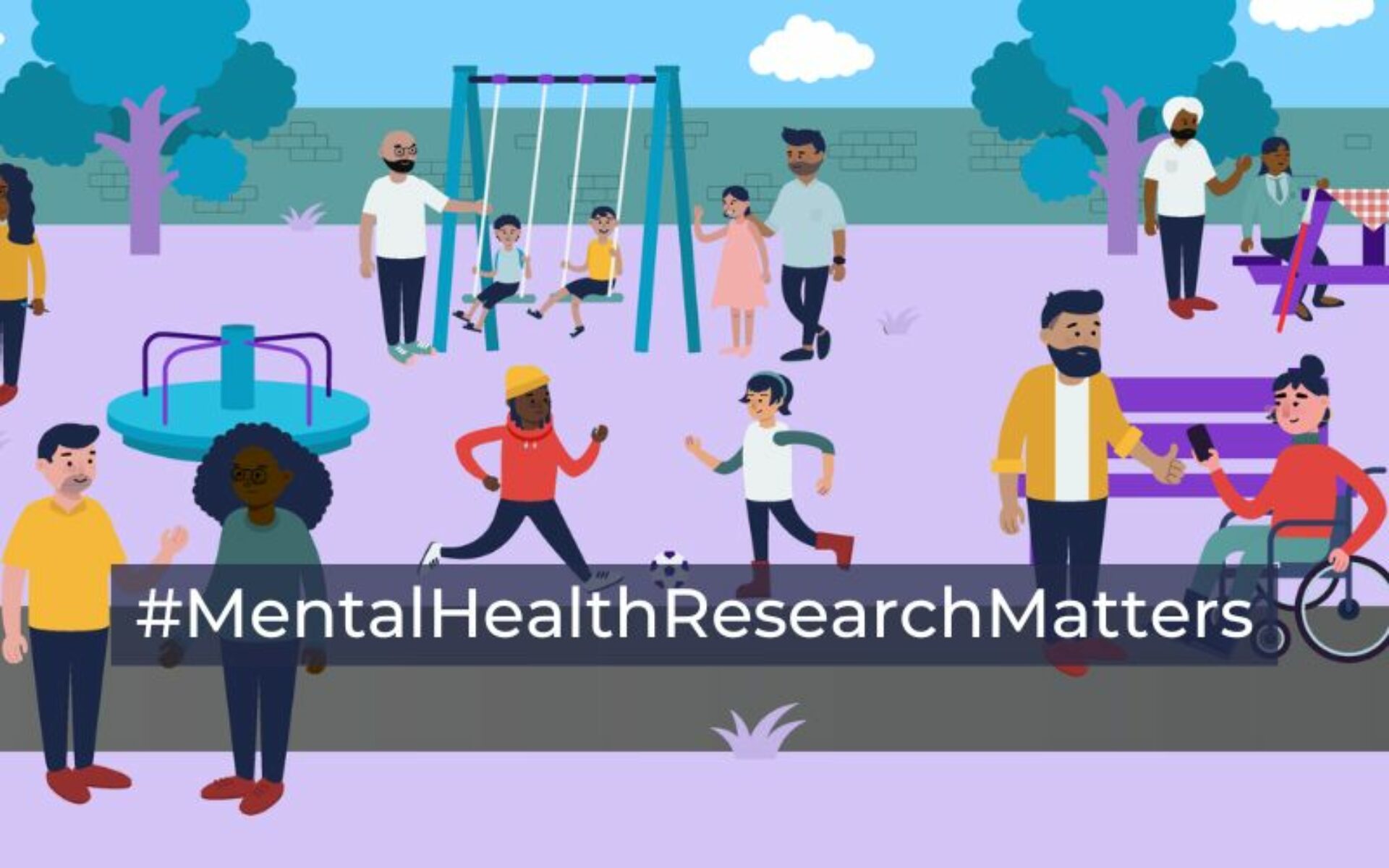Vanessa Pinfold, McPin’s co-founder and research director, draws together our learning over the seven-week campaign that aimed to get people talking about why mental health research matters.
On World Mental Health Day 10/10/2022 we launched a digital campaign linked to the work of the eight UKRI-funded mental health networks. We wanted to showcase mental health research and explore four key themes: inclusive research; multidisciplinary working; centring lived experience expertise; and partnerships with organisations outside of academia.
An ambitious project from the start, we aimed to get people talking about why mental health research matters. And we certainly did that, thanks to a huge number of people who got involved! Whether you wrote a blog, recorded a video, spoke at webinars, joined conversations on social media, shared our campaign video or discussed/shared the campaign themes.
The challenge
We have never run a campaign of this size before but we were up for the challenge. Although we were working with fab partners (Mental Elf and Professor Cathy Creswell from Oxford University) there are always uncertainties when embarking public facing projects:
- Can we generate enough interesting content and get beneath the surface of these complex issues?
- Can we engage people in conversation on social media? Especially during turbulent times for Twitter.
- Will the webinars build interest, be useful to the audience and amplify the campaign messages?
We think we delivered, and I can’t thank everyone enough for joining us. And that includes organisations who ran with our requests to get behind the campaign and reach their own audiences with their own work. A special thank you to BACP, the Incubator and Institute of Mental Health in Nottingham for producing their own content for the campaign. Our thanks also goes out to the network leads and coordinators who made videos, spoke at webinars, got partners involved to showcase research they funded; Emerging Minds; TRIUMPH; Closing the Gap; E-Nurture; MARCH; SMaRteN; Violence and Abuse; Loneliness and Social Isolation.
What next?
We are pulling together highlights and they will feature on the campaign website in the next two months. We have two campaign videos looking at how to do better mental health research and exploring why research matters. Each of our webinars will have a bespoke infographic – such as the one we created for inclusive research. You can watch the webinars by exploring the links below:
- Inclusive #MentalHealthResearchMatters: the role of mental health research in tackling inequalities
- Multidisciplinary mental health research: how to do it (better)
- Experts by experience
- Partnership working in mental health research
Experts by Experience
A highlight of this project has been working with people with lived experience of mental health issues to plan the campaign, develop a campaign brand and video, organise the experts by experience webinar and write numerous of blogs talking about #MentalHealthResearchMatters. The reasons are personal. They express the need for better solutions – care and support, increasing understanding, to change policy and practice.
We put together a short video of messages from young people attending TRIUMPHfest in Edinburgh, and helps us to shine a light on the amazing work of the different eight mental health research networks. These networks have been supporting collaborations with non-academic partners, people with lived experience, academics from ‘unusual’ disciplines to move forward our understanding of mental health and interconnections including loneliness, violence, poverty, poor physical health, digital spaces, intersectionality and identity, parenting, volunteering, arts and culture, and green spaces.
Policy and Practice
We end the campaign with a webinar on research’s contribution to policy and practice. The vital link in the research pathway to achieving change and sustained benefits for individuals and communities struggling. We know research is only one piece of the jigsaw – but it is an important part There is such creativity and passion in this field and we encourage everyone to keep drawing on this. We do amazing work with the resources we have available:
- Think inclusive research practices
- Think multi-disciplinary teams
- Think lived experience partners and leaders
- Think partnership working beyond academia
- Think change – policy, practice and influencing spaces
Let’s make research count!
Vanessa Pinfold is McPin’s co-founder and Research Director
